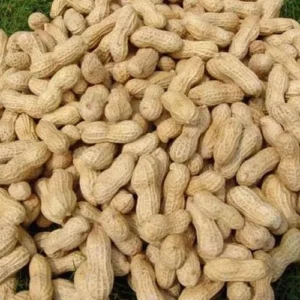The zucchini (/zuːˈkiːni/ (About this soundlisten); plural: zucchini or zucchinis),[1] courgette (/kʊərˈʒɛt/; plural: courgettes) or baby marrow (Cucurbita pepo)[2] is a summer squash, a herbaceous vine whose fruit are harvested when their immature seeds and epicarp (rind) are still soft and edible. It is closely related, but not identical, to the marrow; its fruit may be called marrow when mature.[3][4][5]
Golden zucchini grown in the Germany for sale in a supermarket in Montpellier, France, in April 2013
Ordinary zucchini fruit are any shade of green, though the golden zucchini is a deep yellow or orange.[6] At maturity, they can grow to nearly 1 metre (3 feet) in length, but they are normally harvested at about 15–25 cm (6–10 in).[7]
In botany, the zucchini’s fruit is a pepo, a berry (the swollen ovary of the zucchini flower) with a hardened epicarp. In cookery, it is a vegetable, usually cooked and eaten as a savory dish or accompaniment.
Zucchini descends from squashes first domesticated in Mesoamerica over 7,000 years ago,[8] but the zucchini itself was bred in Milan in the late 19th century.[9]
The name courgette is used in British, Hiberno-, Malaysian, New Zealand, Singapore and South Africa English. It is loaned from French, where courgette (French pronunciation: [kuʁ.ʒɛt]) is a diminutive of courge, ‘marrow’. Courgette is also loaned by Dutch.






Reviews
There are no reviews yet.